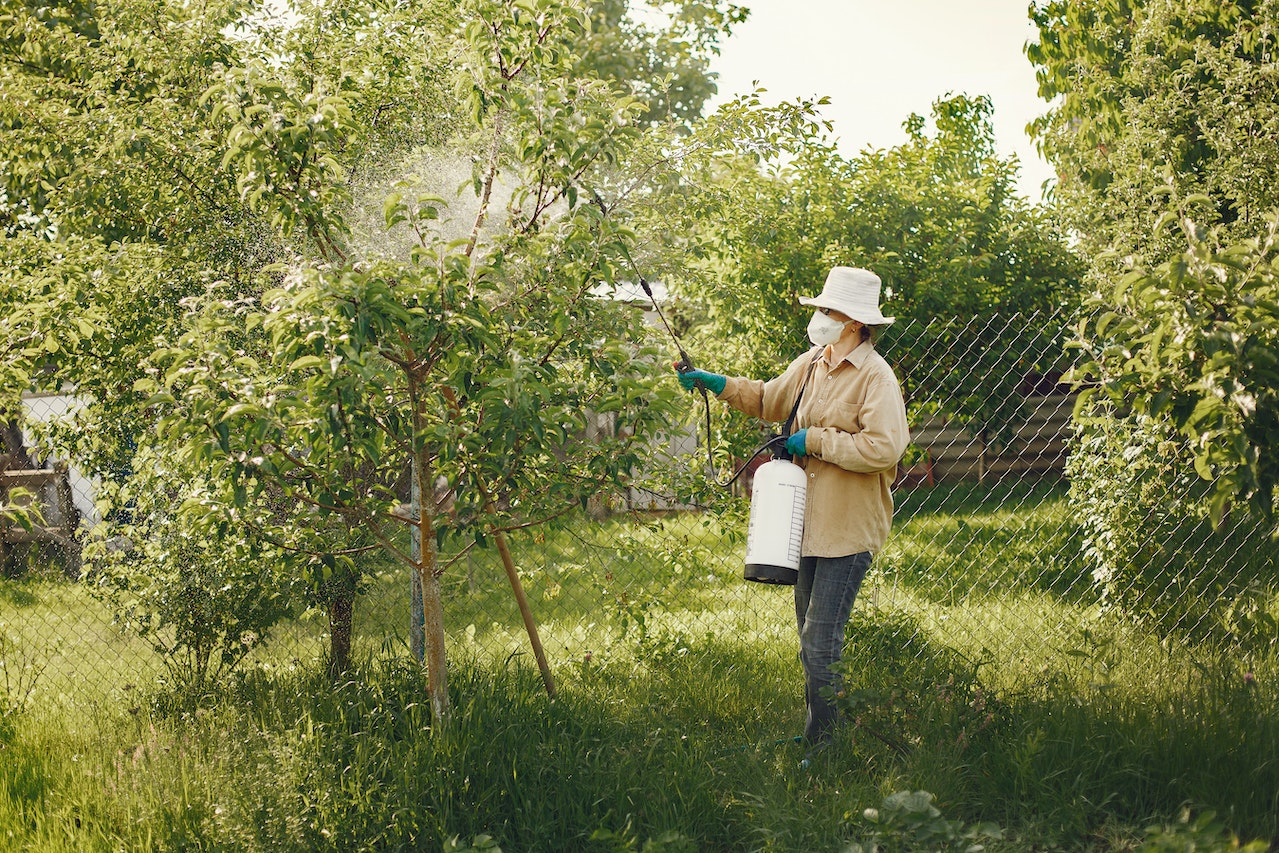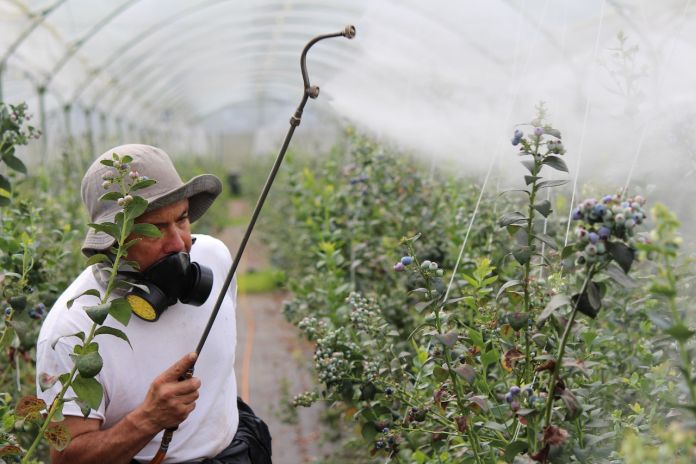Like most homeowners, you probably think of pest control as a one-time thing: You get your home treated for pests and never have to worry about them again. Unfortunately, this isn’t the case. You need to be aware of four main types of pest control, each with its benefits and drawbacks. This article will discuss each type of pest control and why you need them to keep your home free from pests.
#1. Chemical
Chemical pest control is a form of pest management that uses chemicals to remove unwanted pests from various environments. It’s an alternative to physical removal methods. It uses substances, such as insecticides and herbicides, to target specific species so undesirable pests can be eliminated without impacting the local ecosystem. Chemical pest control must be used carefully to avoid disrupting local habitats or introducing toxic chemicals into drinking water sources. Home and business owners can effectively remove troublesome pests without further harm by carefully researching safety regulations and following all instructions.

Chemical pest control is necessary when a particular pest species is proving difficult to remove by other means. It can be a good option for targeting specific species, such as ants, fleas, and cockroaches. When used correctly, chemical pest control can provide effective and lasting results. However, it should be avoided in certain situations, such as if young children are in the home or if it disrupts delicate ecosystems.
There are some obvious advantages to using chemical pest control methods; however, it is crucial to consider the potential problems before making a final decision. Make sure you study safety regulations and remember that chemical pest control should only be used as a last resort if other methods have failed.
When considering chemical pest control, being mindful of potential health risks associated with specific substances is crucial. Recently, heightened concern regarding the use of herbicides has been exemplified by the ongoing roundup weed killer lawsuit. Some studies suggest a possible link between roundup weed killer and health risks, including allegations that it causes cancer. Home and business owners contemplating chemical pest control should be particularly cautious, especially if there are young children in the household or concerns about disrupting delicate ecosystems. It is imperative to stay informed about the latest developments in herbicides and their potential health impacts, ensuring that the chosen pest control method aligns with effectiveness and safety considerations.
#2. Electronic
Electronic pest control is an innovative solution. It combines physical, chemical, and biological solutions to deter unwanted animals, insects, and rodents from entering your property. This method is non-lethal and highly effective at driving away any unwelcome critters by using ultrasonic waves.
This creates intense vibrations that irritate pests, keeping them away without poisons or traps. The intensity, frequency, and coverage areas are adjustable, so you can customize the system to be most effective for the pest you need to repel. You can use electronic pest control for indoor and outdoor applications to protect your space from various pests.
- The electronic technique has numerous advantages, making them a go-to solution. The primary benefit is their specificity:
- electronic pest control does not threaten beneficial insects or animals, including pets and humans.
- Instant results with sound or light designed to startle, scare away, or even confuse insects.
Some pests will eventually become accustomed to the same frequency of sound, preventing the device from being as effective in the future. However, these methods do not offer complete protection since they cannot cover an entire area. Electronic pest control should be implemented alongside other strategies.
#3. Biological
Biological pest control is fascinating. It involves using natural predators of the pests to keep the population down, for example:
- You can bring predatory wasps to agricultural fields to counter aphids.
- Ladybugs can eat scale insects in gardens.
- Birds can reduce crop damage caused by other animals constructively.
Biological pest control is a highly effective and environmentally friendly way of controlling pests. It is an excellent option for those looking for a sustainable approach to pest management, which ultimately reduces human-made chemical toxins from entering our environment.
The biological pest control method is simple, effective, and eco-friendly. There are benefits and drawbacks associated with this method. Biological pest control includes the precision of targeting a specific species without harmful chemicals. On the other hand, natural predators and parasites can’t keep up with the intensity of an infestation. Moreover, this method is hard to control. For these reasons, weighing all options before choosing the main form of pest control is essential.
#4. Physical
Physical pest control is a method to manage and eliminate pests from your environment. It usually involves trapping, baiting, and physically removing the pests. These measures are essential with rodents as they can reproduce quickly and damage property if not taken care of promptly. The primary benefit is that it doesn’t release chemicals/other hazardous materials into the environment. While this type may not be as effective as chemical treatments, it can still be a handy tool to keep pesky critters away.
Final Words
Overall, there are many strategies and methods for controlling pests, ranging from chemical treatments to physical traps. Regardless of your approach, it is important to use a combination of approaches to ensure effective pest control. Regardless of the type of pest problem you may face, properly research all available solutions and pick the one that best suits your needs. With the right approach, you can keep your property safe and pest-free for years.




















Great tips! Thank you for the information and for putting this post together. We look forward to your following article.
Thank you! Make sure to subscribe to the push notification not to miss any of my new posts.